All photos by Barry Evans.
I mourn last week’s carnage in France in which about 130 people died in seven attacks by suicide bombers and shooters in Paris and St. Denis. ISIS, the Islamic State of Iraq and Syria (aka ISIL, the Islamic State of Iraq and the Levant) claimed responsibility. We read and re-read the news and editorials, feeling awful that this happened in Paris. Paris, City of Light. We’re not intimate with Paris, but we have some awareness of its specialness, its beauty. We’ve gone up the Eiffel Tower, roamed the Louvre, biked and walked along the Seine, found the resting places of Édith Piaf, Jim Morrison, Oscar Wilde in Père-Lachaise Cemetery. We don’t know Paris well, but we know it enough to empathize with the events of two Friday evenings ago.
Reminder of 1975-1990 civil war in downtown Beirut.
A day earlier, two ISIS suicide bombers unleashed their hatred in a southern Beirut shopping district, immediately killing 43 bystanders and causing hundreds of casualties. It was the worst bombing in Beirut since the end of the 15-year civil war in 1990. Since then, Beirut has slowly been reclaiming its old (pre-war) moniker, The Paris of the Middle East. Such is the irony of the recent news. Truth is, the news about the Beirut tragedy came and went—it didn’t even need to be eclipsed by the subsequent Paris attacks.
Notre Dame.
What happened? Was it just the sheer numbers of those killed, 130-odd versus 43-odd? (If that was the case, the Russian charter jet that crashed in north Sinai on October 1—almost certainly downed by an ISIS bomb—would warrant an even greater outpouring of sympathy and concern. All 224 people died.)
Beirut Mediterranean waterfront.
But it doesn’t work that way, of course. We empathize with those closest to us, geographically or ethnically or religiously. Paris is closer than Beirut. Many of us have visited and been charmed by Paris. Not only are we more familiar with Paris than Beirut, our mental associations are almost certainly going to favor Paris (“Eiffel Tower! Café au lait! Fred Astaire!”) over Beirut (“War! Arabs! Refugees!”). Few of us have wandered around Beirut, let alone been captivated by its beauty. And Parisians are Europeans, they’re practically us. Lebanese are, well, what are they? Jeb Bush seems to think they’re all Arabs or Muslims and they all go around attacking Christians: “If you’re a Christian, increasingly in Lebanon, or Iraq or Syria, you’re gonna be beheaded,” he informed us during the fourth Republican debate a couple of weeks ago. Someone needs to tell him that 40% of Lebanon’s six million people are Christian, and a major political force in the country. (Not that it makes any difference to the victims, but the November 12 bombings were in a Shiite suburb of south Beirut; ISIS is a Muslim Sunni extremist group which targets Shiites, among others.)
Forecourt of Musée du Louvre, Paris
In a telling article last year in The Atlantic, “Which Deaths Matter?”, investigative journalist Jacoba Urist explored the reasons why some natural disasters garnered more—some much more—than others. Her conclusion is that, as far as U.S. media is concerned, two main factors come into play: how close, literally, the country in which the disaster is to us; and how many American tourists have visited the country. Especially the latter, it seems: the media gave one-third coverage of the 1976 Guatemalan earthquake (4,000 dead) than it gave the Italian same-year quake (1,000 dead).
Lebanon garage.
Seems to me, the Paris assault is no more, no less “an attack on human decency” (quoting Senator Lindsey Graham) than the hours-earlier one in Beirut. Innocent lives are innocent lives, whether they’re Christian or Moslem, French or Lebanese, rich or poor, young or old. Which is the real test of our commitment to peace, to see all as our sisters and brothers.
###
Barry Evans gave the best years of his life to civil engineering, and what thanks did he get? In his dotage, he travels, kayaks, meditates and writes for the Journal and the Humboldt Historian. He sucks at 8 Ball. Buy his Field Notes anthologies at any local bookstore. Please.
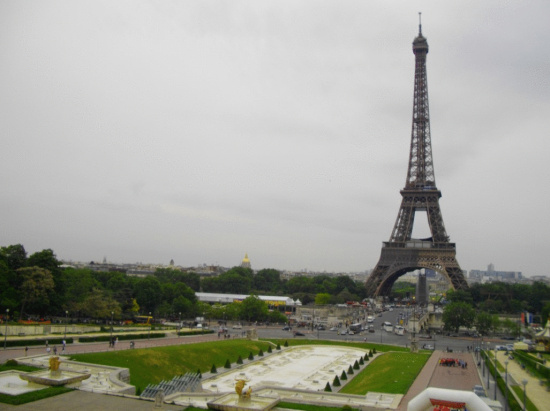
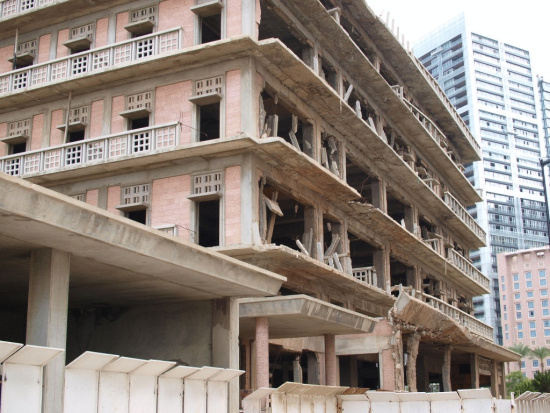
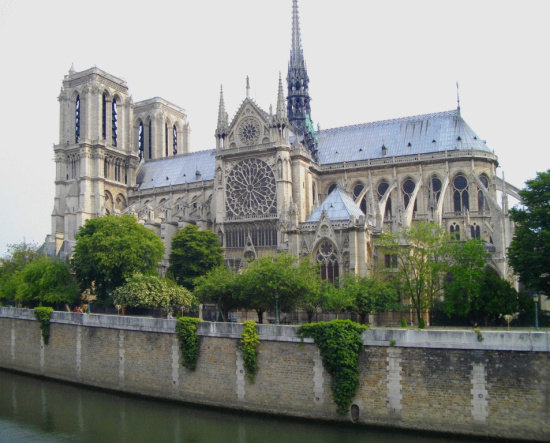
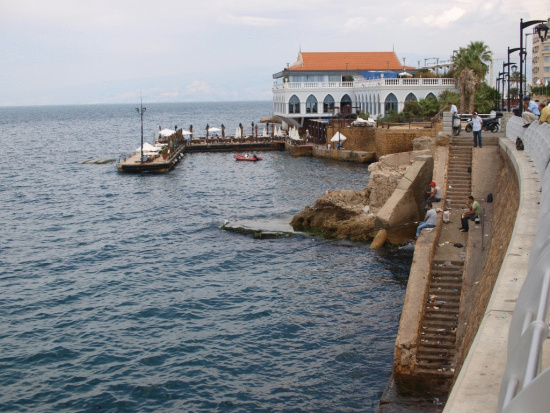
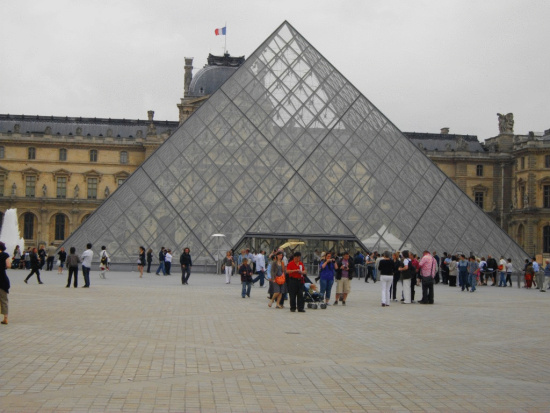
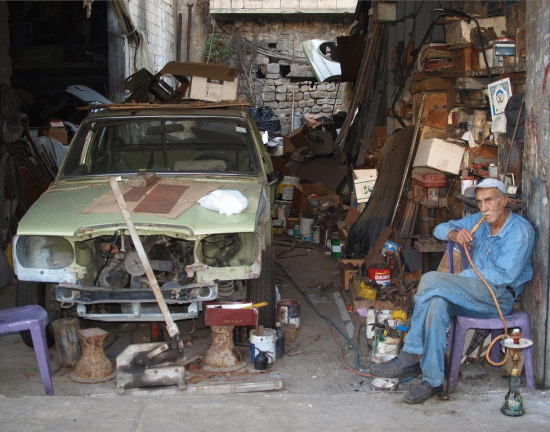
CLICK TO MANAGE